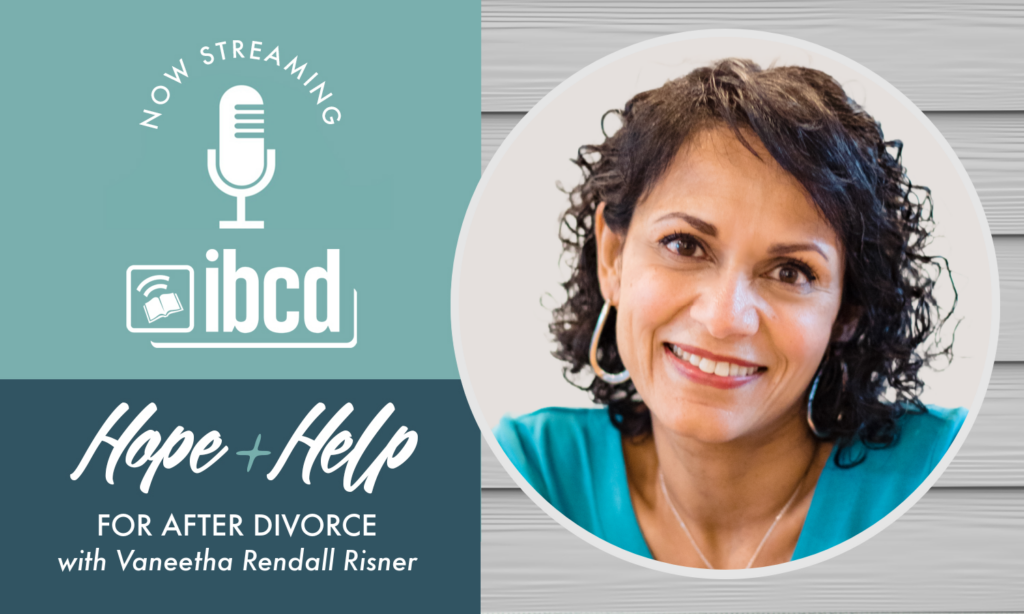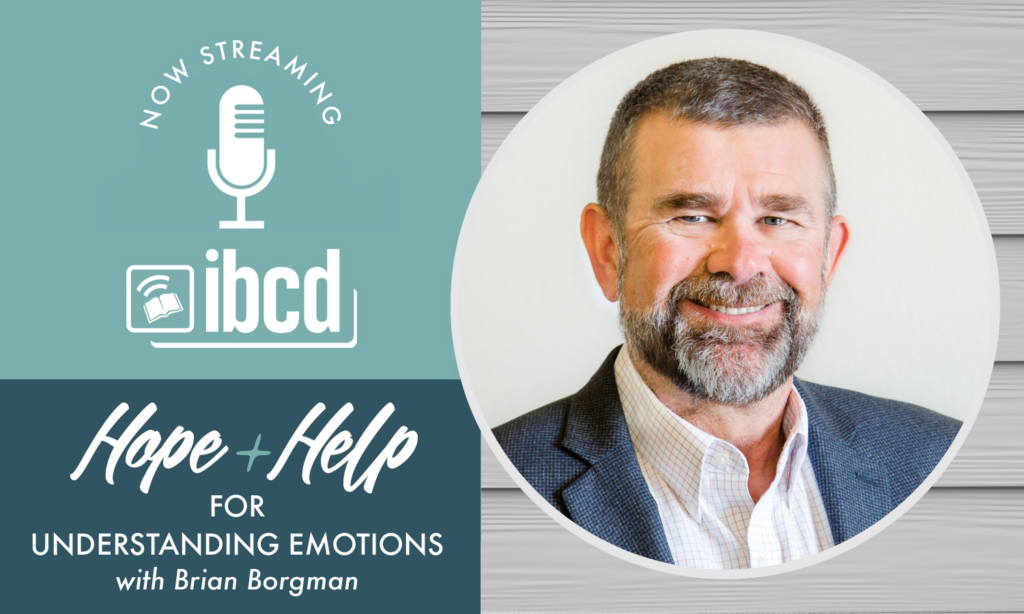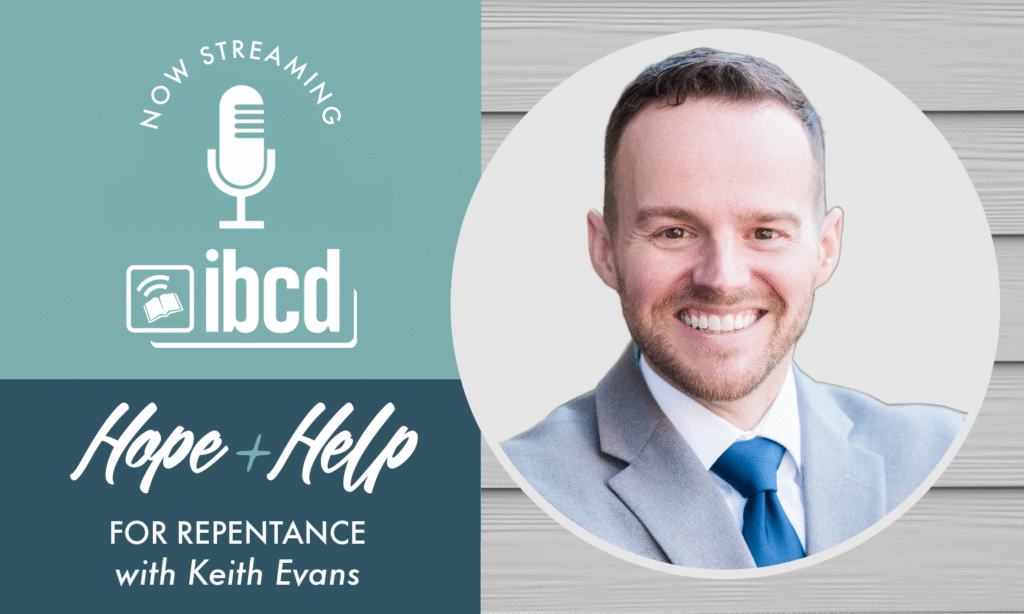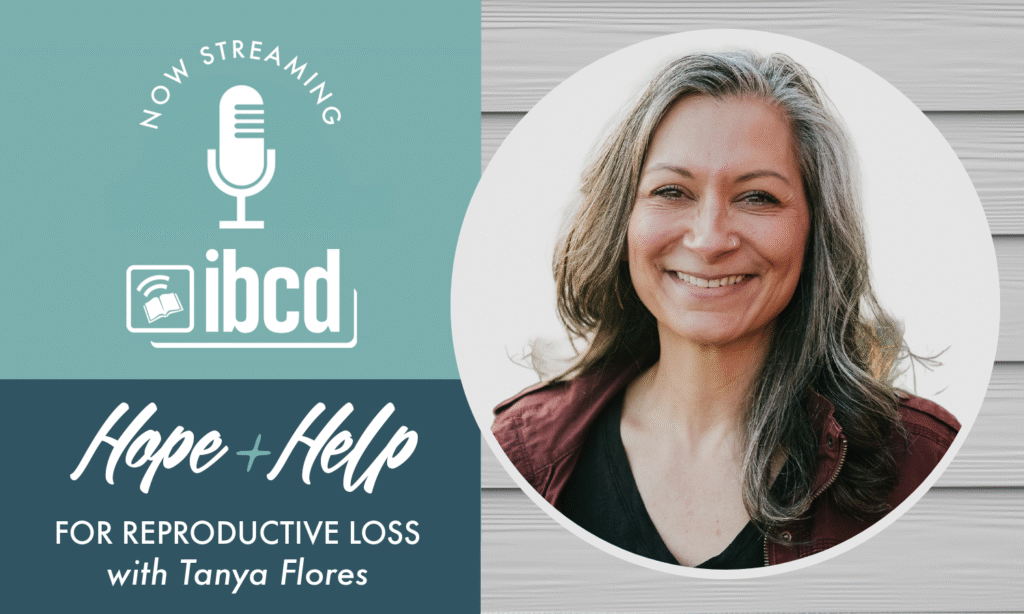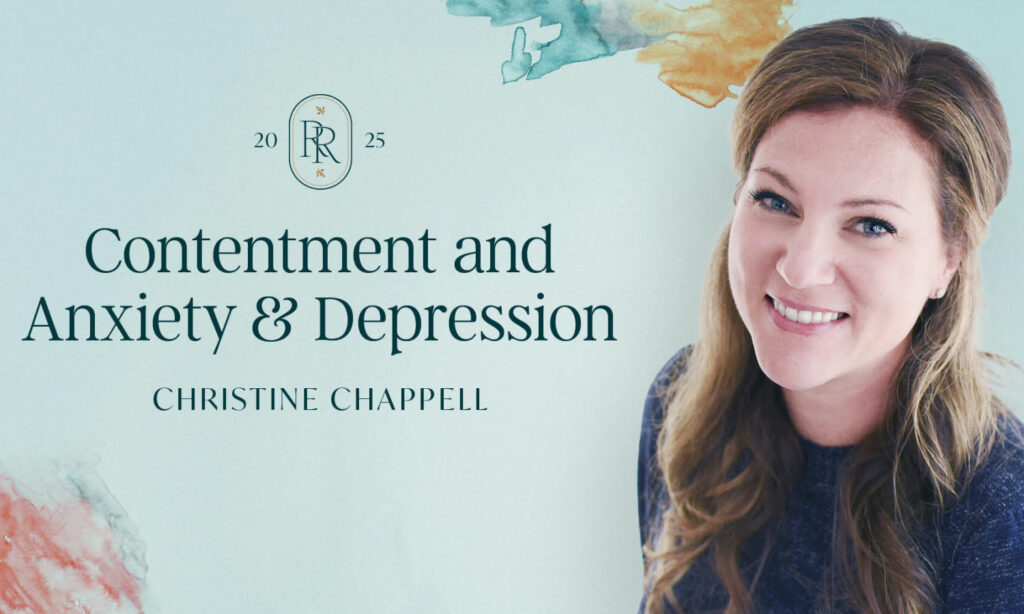In the early evening hours of January 2021, our family suffered a house fire that left us displaced and disoriented. Though my husband was the only one to be injured (having received minor burns to his arm as he tried to extinguish the flames), I seemed to walk away from that harrowing incident with a hidden kind of “injury”—one that temporarily made it hard to process thoughts.
It had been a long time since I last experienced significant “brain fog.” The intensity with which it took effect after the fire caught me completely off guard. So many complex decisions to make; so much to replace, repair, and rebuild! It was as if the smoke that once billowed in our attic space had clouded my headspace and short-circuited the wiring. My brain literally ached from all the critical thinking those first few months required. There were moments I could barely string a coherent sentence together—let alone read or write anything of complexity or substance.
Experiencing afresh what it takes to endure sudden loss and significant life change gave me a deeper understanding of the cognitive challenges our counselees sometimes face. Memorize Scriptures? Read a chapter of a book? Write a response to reflection questions? To be sure, these are important options for counseling homework, but they certainly aren’t the only or always the best. As biblical counselors who care for embodied souls, we do well to consider the whole person sitting before us—with their present capabilities and limitations—lest we task them with assignments that are ill-suited for the condition they’re in.
So how can we prevent counseling homework from becoming an undue burden for those whose mental endurance has dwindled? In this article, I suggest three benefits for utilizing audio-based assignments, particularly in situations where counselees are suffering from the kind of cognitive impairment that makes concentration and comprehension extremely difficult.
It had been a long time since I last experienced significant “brain fog.” The intensity with which it took effect after the fire caught me completely off guard. So many complex decisions to make; so much to replace, repair, and rebuild! It was as if the smoke that once billowed in our attic space had clouded my headspace and short-circuited the wiring. My brain literally ached from all the critical thinking those first few months required. There were moments I could barely string a coherent sentence together—let alone read or write anything of complexity or substance.
Experiencing afresh what it takes to endure sudden loss and significant life change gave me a deeper understanding of the cognitive challenges our counselees sometimes face. Memorize Scriptures? Read a chapter of a book? Write a response to reflection questions? To be sure, these are important options for counseling homework, but they certainly aren’t the only or always the best. As biblical counselors who care for embodied souls, we do well to consider the whole person sitting before us—with their present capabilities and limitations—lest we task them with assignments that are ill-suited for the condition they’re in.
So how can we prevent counseling homework from becoming an undue burden for those whose mental endurance has dwindled? In this article, I suggest three benefits for utilizing audio-based assignments, particularly in situations where counselees are suffering from the kind of cognitive impairment that makes concentration and comprehension extremely difficult.


